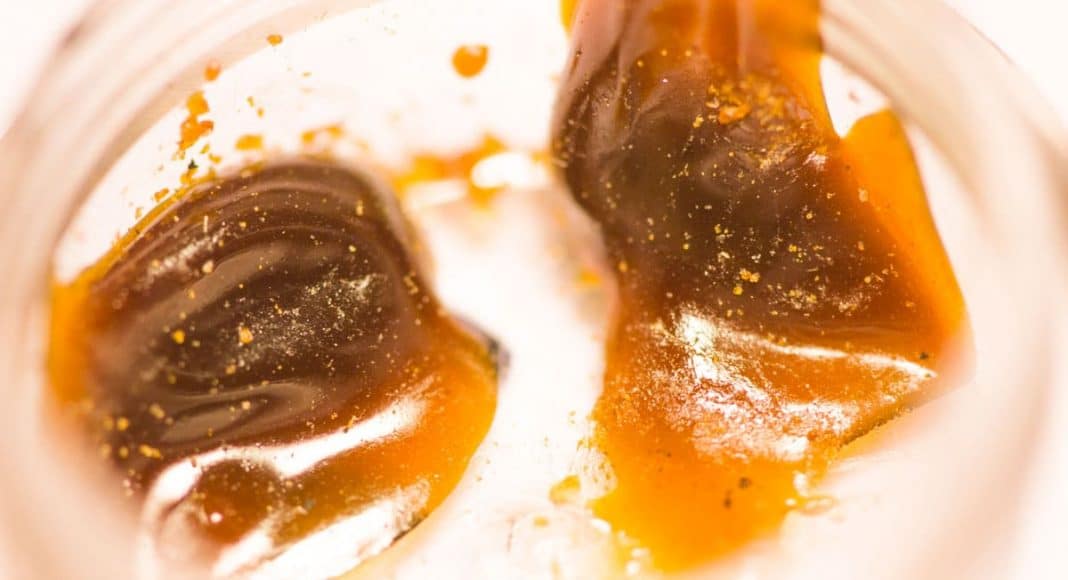Butane, or butane hash oil (BHO), gets a lot of flack in the cannabis community and press for its volatility and health risks during and after extraction, yet it’s the most popular method of cannabis extraction. How does it really work and is CO2 really safer? Let’s examine the facts and evidence.
Cannabis extractions isolate the psychoactive components of the plant and fuse them into what’s known as dabs or oil. Dabs are most commonly extracted using butane, while vape pen oil is usually concentrated via CO2.
If you’ve never experienced either one, dabs are powerful sheets of concentrate that often come by the gram and have different consistencies depending on how they were treated post extraction. It only takes a little bit on the end on a dabber to be dipped onto a hot nail to get one flying into outer space. On the other hand, vape pens are discreet concentrates that come with greater control of the high.
-
Related Story: Medical Cannabis Combats Anorexia’s Obsessive Thoughts
One of the main concerns when making concentrates using the BHO method is that the producer may not allow for all of the butane to evaporate off and out. Having residual solvents in the final product is irritating to the lungs and can leave pollutants in the body. However, the method of making dabs has come a long way in the educational department and most extractors know the P’s and Q’s of making concentrates by now.
CO2 is a gentler extraction process, with less volatility, but it’s much harsher on the cannabis plant itself. Often this means missing out on terpenes that some say enhance the high and all say contribute to the flavorful aromas we love so much about cannabis. CO2 also does not extract as much THC as butane. For many, though, the pluses outweigh the minuses. CO2 extraction is cleaner with less of a chance of ingesting residual solvent, it’s more environmentally friendly and is nonflammable.
Not to imply that butane and CO2 are the only extraction methods out there. There are other solvents, like alcohol, that are used to make concentrates, but there are also solventless methods. Solventless is considered by many to be the superior way when it all comes down to it. There are no residuals, the flavors are out of this world and, though more difficult to press into dabs, it is more often than not worth the extra effort to go the solventless route.


